Pelvic Girdle Pain, Pregnancy and Breast Feeding
Pelvic girdle pain (PGP) is common in pregnancy and for many women can continue after childbirth.
Risk factors for developing pelvic girdle pain (PGP) include:
- A history of low back pain
- Pre pregnancy body mass index >25
- PGP in pregnancy
- Depression in pregnancy
- A heavy workload in pregnancy
(Wiezer et al 2020)
During pregnancy the increase in hormones may act to reduce muscular activation and coordination of the deep stabilising muscles which help to support the pelvis and low back. This is why therapists will often use aids to help provide extra external support to the pelvis such as pelvic belts or compression, strengthening and activation exercises, or even hands on therapy.
But we also need to address the ‘other’ factors that lead to increase in risk of PGP. Our mental wellbeing.
Think of a tree. If the leaves become a little withered and dry on the ends it may temporarily help to spritz them with some water, but to improve the health of the plant we need to treat the soil.
So as a therapist (and a patient) we need to also address the underlying cause of our PGP. Are we getting enough sleep, are we having enough down time, are we stressed with our work and home commitments? All of these things will influence the amount and duration of our pain (and this goes for all pain not just PGP).
We also need to screen for risk factors so we know who is more likely to develop persistent pelvic pain so we can be more proactive with their management. For example, there has been research completed by Bjelland et al (2014) which found an association between breast feeding and a reduction in PGP following pregnancy. In the study they deduced that breast feeding has a possible protective influence against persistent PGP due to some pretty awesome hormones, namely Prolactin and Oxytocin. Both of these hormones are released during lactation and can help to:
✨Reduce the effect of inflammation (prolactin)
✨Inhibit pain (oxytocin)
Now I completely understand that breastfeeding isn’t for everyone, and for many reasons some people cannot breastfeed. But if you have PGP, the research suggests that perhaps you should be counselled about the benefits of breastfeeding before you decide not to do it.
Luckily, here on the EP we have some wonderful people to assist you on your breast feeding journey including Eyre Lactation & Midwifery. So if you want to breastfeed but are having difficulty seek help and support.
